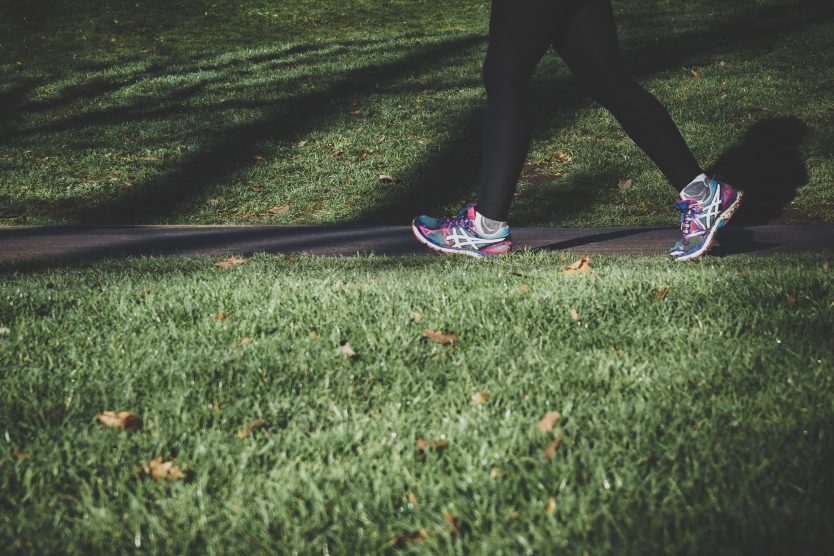We’ve all heard about the benefits of exercise.
Regular physical activity is said to help manage weight and reduce the risk of disease, strengthen your bones and muscles, improve your ability to do everyday activities, and even improve your brain health.1
But women suffering with pelvic health issues wonder: can exercise help with PCOS, or Polycystic ovary syndrome?
Here’s how it can help.
What is PCOS?
Polycystic ovary syndrome or PCOS is a problem with hormones that happens during a woman’s reproductive years. Signs of PCOS can include not having periods very often, or periods that last many days. Women with PCOS may also have too much of a hormone called androgen.2
PCOS creates many small sacs of fluid to develop along the outer edge of the ovary, called cysts, which contain immature eggs. These immature eggs called follicles don’t release eggs. The exact cause of PCOS is unknown, but early diagnosis and treatment along with weight loss may lower the risk of long-term complications, which can include type 2 diabetes and heart disease.2
Can Exercise Help with PCOS?
There is some evidence that PCOS can create cardiovascular issues as well as reproductive complications. It has also been associated with an increase in mental health disorders.3
As a result, evidence also suggests that lifestyle modification including exercise should be the first line of therapy, as results indicate improvements in menstrual and/or ovulation frequency following exercise.3
Exercise mitigates cardiovascular risk factors, which is associated with improved insulin sensitivity, and exercise also improves psychological well-being in women with PCOS.3
What Kind of Exercise Helps with PCOS?
It’s true that just being active by going for a walk will help anybody. There are several guidelines for exercise with PCOS, from at least 150 minutes of physical activity per week, 3 to a minimum of 30 minutes per day, five days a week, combining cardio and strength training.4 It’s that combination of regular, varied exercise that helps with insulin resistance and metabolic rate while reducing the chance of more serious health conditions in the future.4
There are some who caution against high-intensity cardio training, because that extra stress on the body causes it to create excess cortisol or stress hormone. But others claim cardio can work wonders, so it’s best to focus on moderate intensity, such as a brisk walk, a short swimming session or a HIIT class that lasts no more than an hour.4 HIIT refers to high intensity interval training, and combines short, intense bursts of cardio exercise followed by the same period or longer of rest.5
These guidelines should provide the benefits of a cardio workout without stimulating the stress hormone.4
Strength training is also important, and mind-body exercises like yoga can help reduce stress while also burning calories.5
Here are some tips from experts on exercising for PCOS:5
- Be consistent
- Focus on endurance
- Prioritize HIIT over cardio
- Start slow
- Create a balanced routine
The act of exercising can help your physical and mental health.
See a Doctor
Make an appointment to see your health care provider if you’re worried about your periods or you suspect you have PCOS. It’s important to seek diagnosis if you’re having trouble getting pregnant, or if you have signs of excess androgen—which can include new hair growth on your face and body, acne and male-pattern baldness.2 Use our Physician Finder to find a doctor near you with expertise in women’s health, who can help with diagnosis, treatment, and advice on exercise to help PCOS.




















